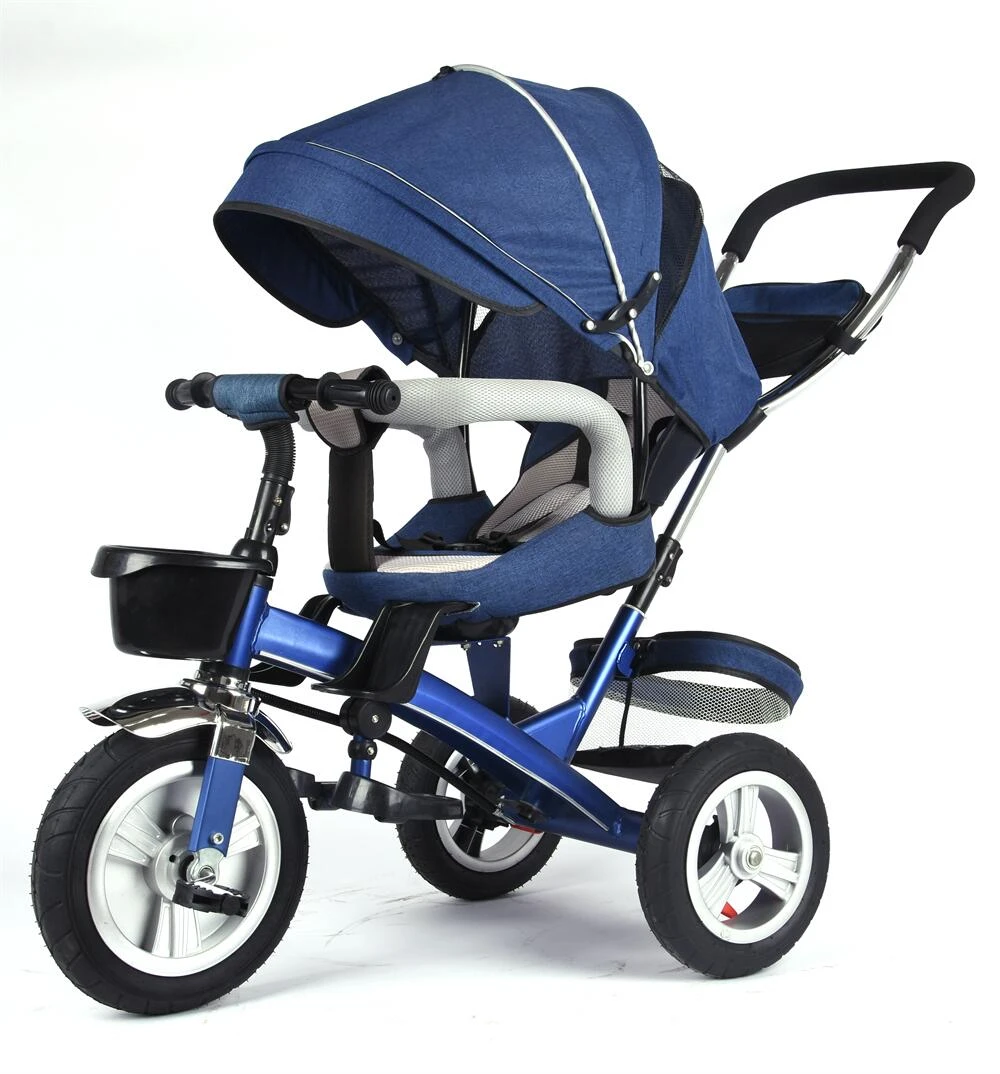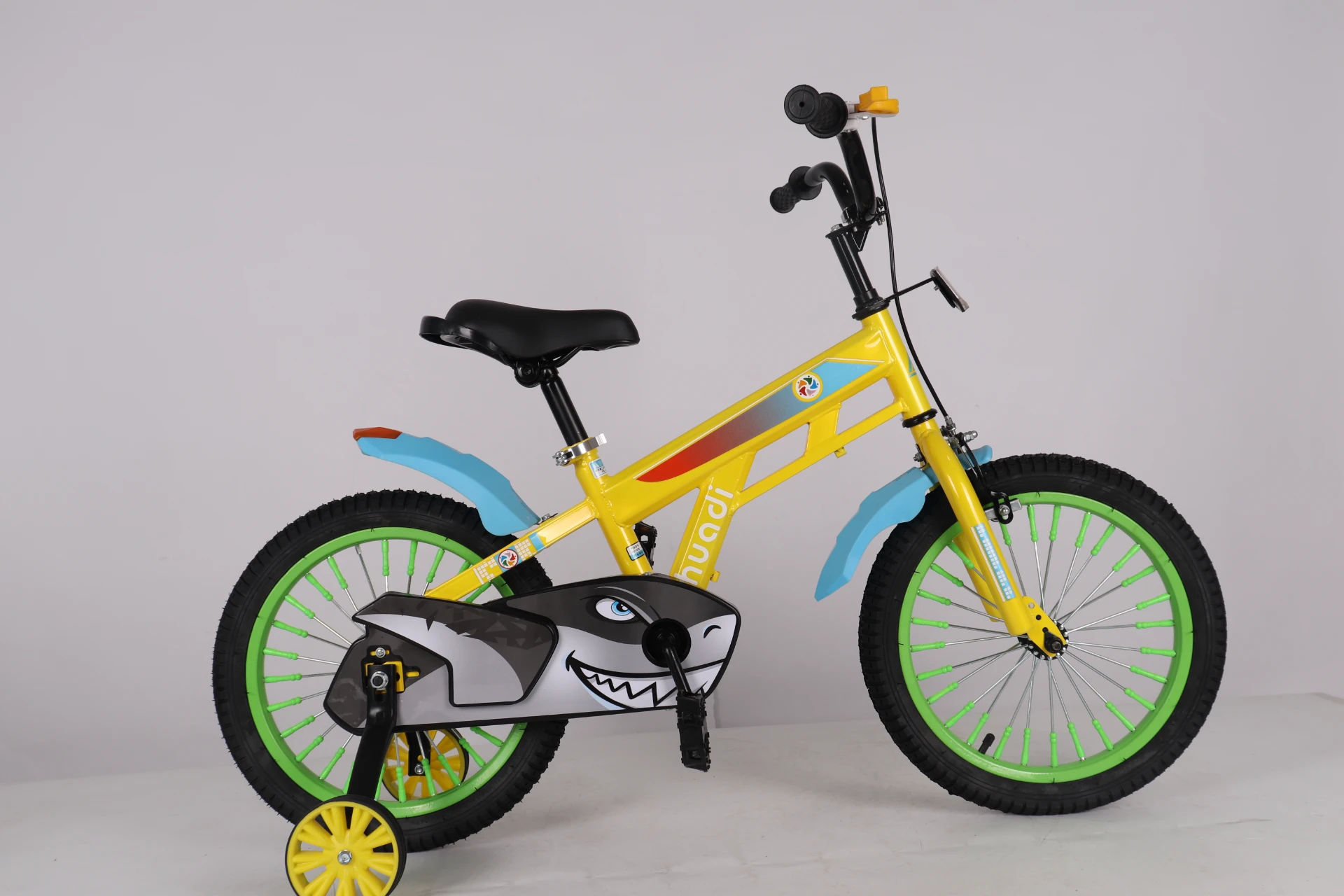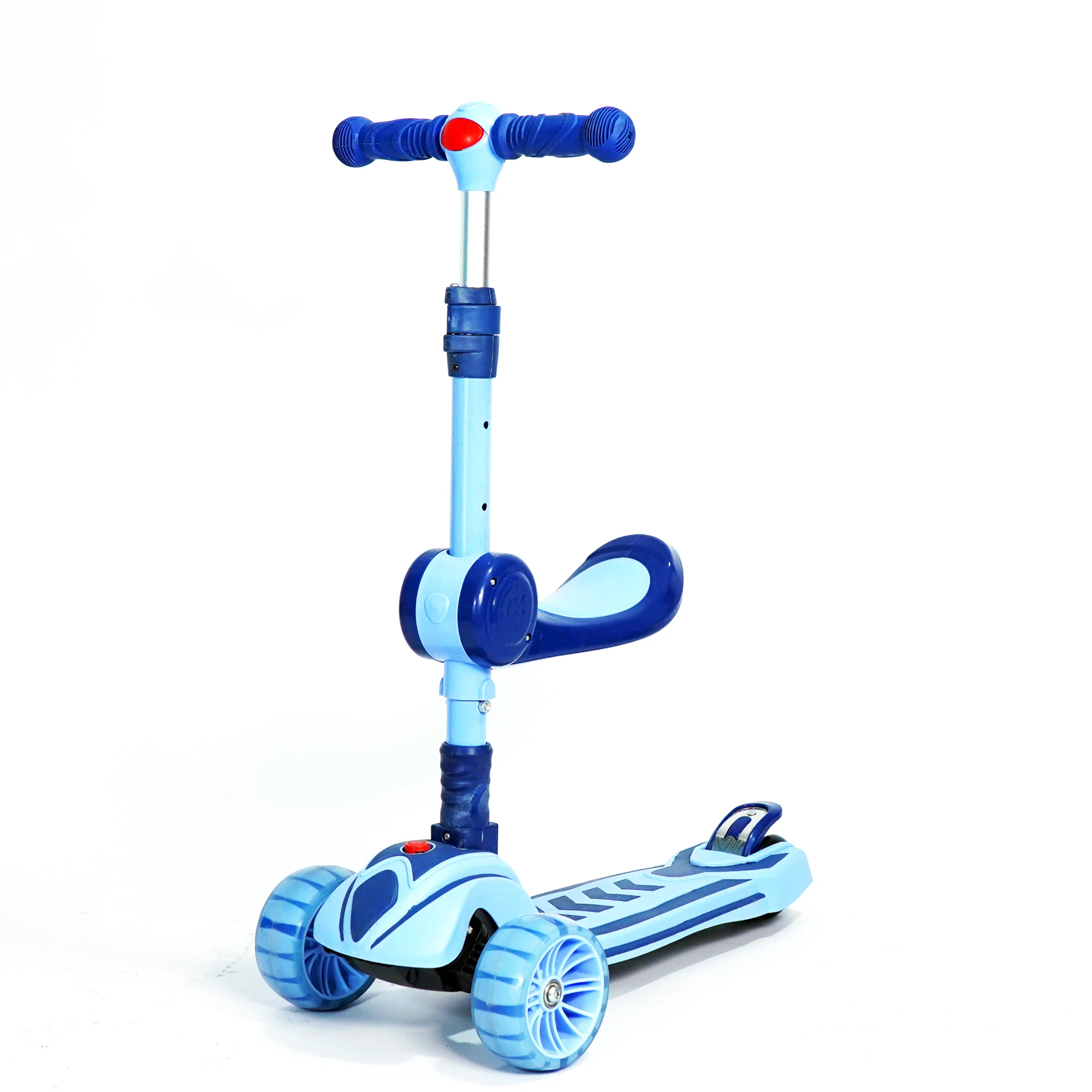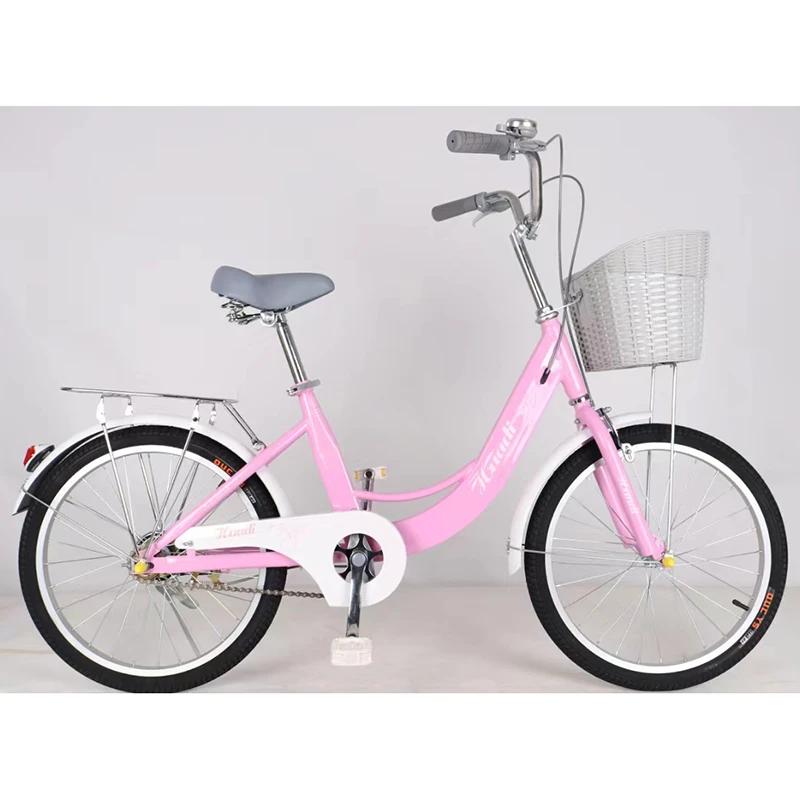2 月 . 06, 2025 03:31
Back to list
difference between a hybrid and mountain bike
Choosing between a hybrid bike and a mountain bike can be pivotal for cyclists who want to meet specific lifestyle and terrain needs. While both mountain and hybrid bikes are multifaceted, understanding their distinct characteristics can aid in making an informed decision. As an experienced cycling enthusiast, I will delve into key differences, offering insights grounded in expertise, authoritativeness, and trustworthiness.
Braking systems also vary. Hybrid bikes often include rim brakes or hybrid-specific disc brakes. These brakes offer adequate stopping power for urban cycling and occasional light trails. Mountain bikes often incorporate hydraulic or mechanical disc brakes, providing precise stopping power essential for emergency braking on rugged, downhill trails. The riding posture is another significant distinction. Hybrid bikes are designed for comfort on longer rides, with geometries that support an upright position. This feature benefits commuters who prefer ergonomics for daily rides. Mountain bikes are designed to provide a more aggressive stance that improves maneuverability and balance on treacherous trails, although this can become cumbersome on commutes. A test based on personal experience highlights durability. While hybrids efficiently handle daily urban commutes, their components, geared towards light use, may not withstand the strain of intense off-road cycling. Mountain bikes, however, constructed to endure stress and impact, exhibit durability suited for harsh environments. This durability doesn't come without a cost mountain bikes tend to be heavier, making them less efficient for speed-focused rides on smooth, flat city roads. When considering authority and trust in product choice, keep in mind that the decision between a hybrid and a mountain bike should depend on use-cases tailored to your lifestyle and goals. If your rides mainly navigate city paths with occasional leisure trails, a hybrid bike represents a comfortable, efficient choice. However, if your adventures regularly entail rough terrains and steep inclines, opting for a mountain bike ensures safety and performance under more extreme conditions. In summary, each bike type brings distinct capabilities hybrid bikes shine in versatility across urban conditions, whereas mountain bikes excel in handling the unpredictable nature of wild trails. For the ideal product experience, align the bike choice with anticipated riding environments and personal cycling objectives. The best choice leverages the tailored strengths of each type, ensuring that every ride meets both functional needs and cycling aspirations efficiently and reliably.


Braking systems also vary. Hybrid bikes often include rim brakes or hybrid-specific disc brakes. These brakes offer adequate stopping power for urban cycling and occasional light trails. Mountain bikes often incorporate hydraulic or mechanical disc brakes, providing precise stopping power essential for emergency braking on rugged, downhill trails. The riding posture is another significant distinction. Hybrid bikes are designed for comfort on longer rides, with geometries that support an upright position. This feature benefits commuters who prefer ergonomics for daily rides. Mountain bikes are designed to provide a more aggressive stance that improves maneuverability and balance on treacherous trails, although this can become cumbersome on commutes. A test based on personal experience highlights durability. While hybrids efficiently handle daily urban commutes, their components, geared towards light use, may not withstand the strain of intense off-road cycling. Mountain bikes, however, constructed to endure stress and impact, exhibit durability suited for harsh environments. This durability doesn't come without a cost mountain bikes tend to be heavier, making them less efficient for speed-focused rides on smooth, flat city roads. When considering authority and trust in product choice, keep in mind that the decision between a hybrid and a mountain bike should depend on use-cases tailored to your lifestyle and goals. If your rides mainly navigate city paths with occasional leisure trails, a hybrid bike represents a comfortable, efficient choice. However, if your adventures regularly entail rough terrains and steep inclines, opting for a mountain bike ensures safety and performance under more extreme conditions. In summary, each bike type brings distinct capabilities hybrid bikes shine in versatility across urban conditions, whereas mountain bikes excel in handling the unpredictable nature of wild trails. For the ideal product experience, align the bike choice with anticipated riding environments and personal cycling objectives. The best choice leverages the tailored strengths of each type, ensuring that every ride meets both functional needs and cycling aspirations efficiently and reliably.
Prev:
Latest news
-
Unleash Your Adventurous Spirit with All Mountain BikesNewsOct.31,2024
-
The Perfect Ride for Your Little Ones: Kids TricyclesNewsOct.31,2024
-
The Joy of Riding: Quality Kids Mountain BikesNewsOct.31,2024
-
The Excitement of Kids Scooters – Choose Your Adventure!NewsOct.31,2024
-
Kids' Bikes: Find the Perfect Ride for Your Little OnesNewsOct.31,2024
-
Experience the Fun of Swing CarsNewsOct.31,2024
-
Why a Giant Bike for Kids is a Top ChoiceNewsOct.24,2024








